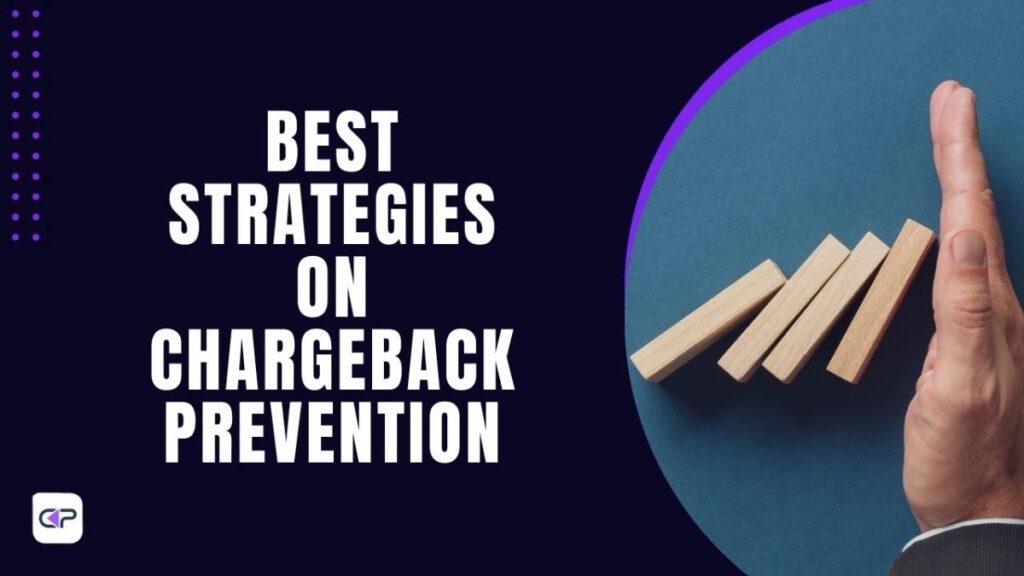Chargebacks can be a major challenge for businesses, leading to lost revenue and increased processing costs.
When customers dispute transactions, businesses often face financial losses, especially if the chargeback process favors the cardholder.
Chargebacks not only impact cash flow but also harm a company’s reputation with payment processors.
High chargeback rates can lead to increased fees, account restrictions, or even the loss of the ability to accept card payments.
Preventing chargebacks requires a proactive approach that focuses on fraud prevention, clear policies, and strong customer service. Businesses that take the right steps can significantly reduce chargebacks and protect their revenue.
Strengthening Fraud Prevention Measures
Fraud causes a lot of chargebacks, so businesses need strong security to help prevent it. Verifying customer identities helps reduce the risk of fraudulent transactions.
Using security features such as CVV verification, address matching, and multi-factor authentication adds extra layers of protection.
Monitoring transactions for suspicious activity allows businesses to detect fraud before it leads to chargebacks. Investing in fraud prevention tools minimizes risks and ensures safer transactions.
Strong security measures build customer trust while reducing unauthorized disputes.
Providing Clear and Accurate Product Descriptions
Misunderstandings about products or services often lead to chargebacks. Customers may dispute charges if they feel a product was misrepresented or did not meet their expectations.
They know exactly what to expect when product descriptions are clear. High-quality images and honest descriptions help prevent confusion and dissatisfaction.
Clearly stating return and refund policies also reduces disputes. Transparency in product listings builds customer confidence and reduces unnecessary chargebacks.
Offering Reliable Customer Support
Many chargebacks occur because customers are unable to resolve issues directly with the business. Providing responsive and accessible customer support can prevent disputes from escalating to chargebacks.
Giving customers different ways to contact you—like phone, email, and live chat—makes getting help easier. Quick resolution of complaints and refund requests reduces the likelihood of customers turning to their banks for chargebacks.
A dedicated customer service team helps maintain positive relationships with buyers. Effective communication prevents unnecessary losses and strengthens customer loyalty.
Ensuring Transparent Billing Practices
Unrecognized charges often result in chargebacks, especially when customers do not recognize the name on their bank statements.
Using a clear and recognizable business name on billing statements helps prevent confusion. Providing receipts and order confirmations reassures customers that their payments were processed correctly.
Clearly outlining subscription terms and recurring billing details prevents disputes over unexpected charges.
Allowing customers to cancel or modify subscriptions easily reduces frustration and prevents disputes. Transparent billing practices create a smoother payment experience and reduce unnecessary chargebacks.
ALSO READ: A Comprehensive Guide to Knives: Types, Uses, and Buying Tips
Keeping Detailed Transaction Records
Having accurate transaction records is crucial for defending against chargebacks. Keeping records of sales, invoices, delivery confirmations, and customer interactions provides evidence in case of disputes.
Responding to chargeback claims with detailed documentation increases the chances of winning disputes. Businesses that maintain organized records can quickly provide proof of purchase, shipping, or customer agreements.
Proper documentation also helps businesses identify chargeback trends and take steps to address common issues. A well-documented transaction history serves as a strong defense against unwarranted disputes.
Chargebacks cost businesses money, but there are ways to prevent them. Strengthening fraud prevention measures reduces the risk of unauthorized transactions.
When product descriptions are clear, customers know what to expect. Reliable customer support helps resolve disputes before they escalate.
Transparent billing practices prevent confusion over charges and subscriptions. Keeping detailed transaction records provides businesses with the evidence they need to dispute chargebacks effectively.
Using these strategies helps businesses protect their revenue and maintain good customer relationships.






